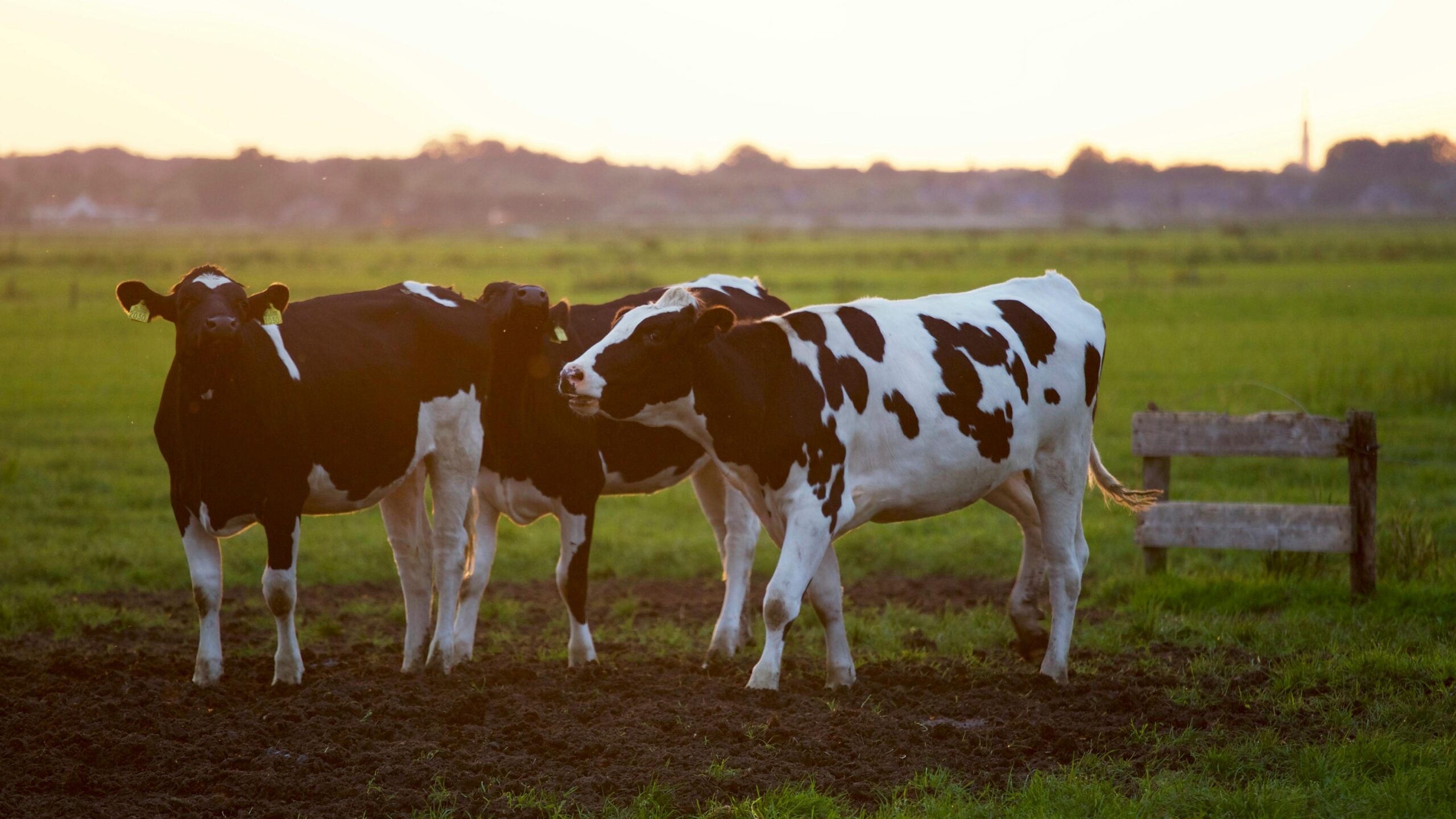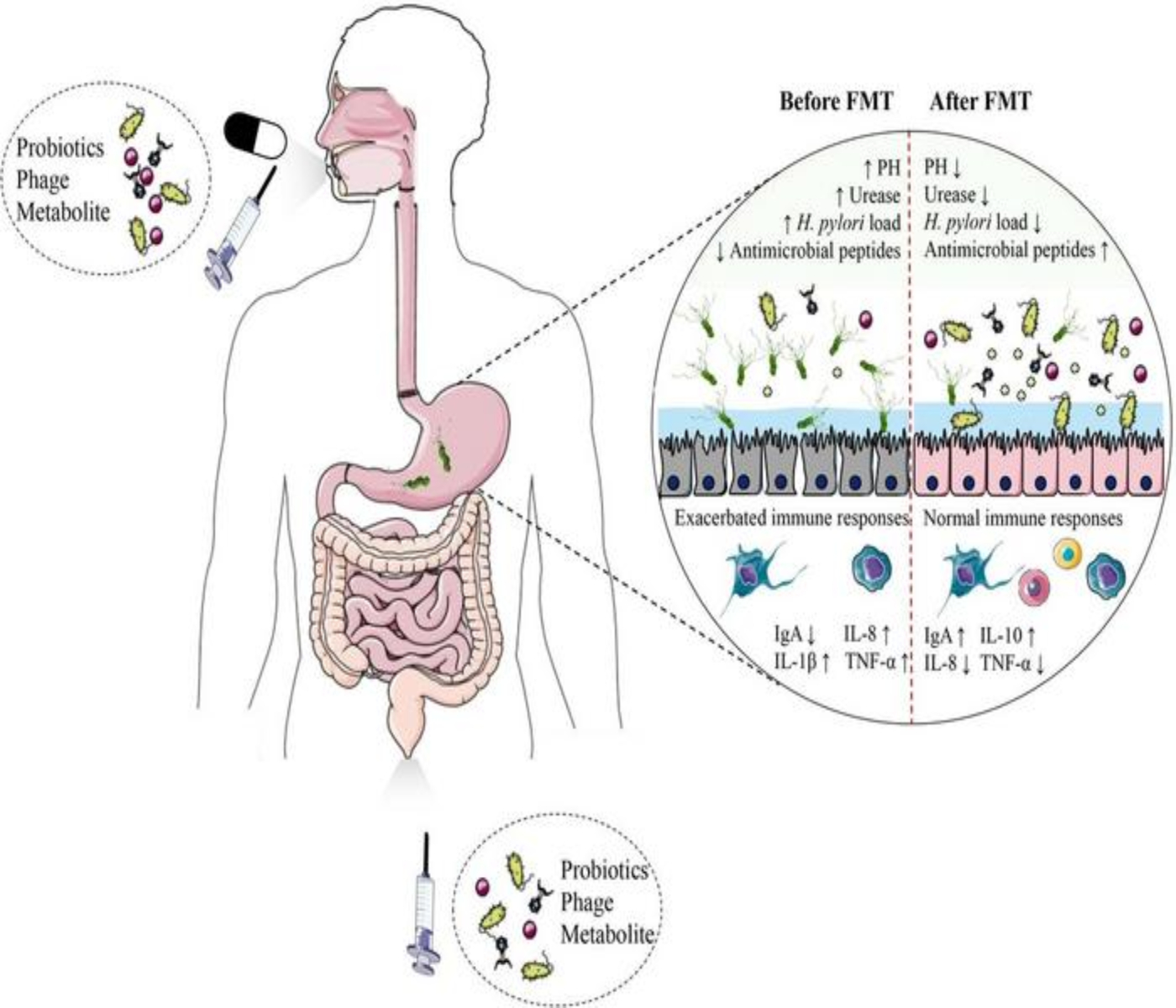A recent study on Thoroughbred racehorses has revealed a stunning link between a horse’s health at just one month old and its future on the racetrack. The groundbreaking research points to a surprising and often-overlooked factor: the tiny, bustling world of bacteria living inside a foal’s gut. It turns out that the diversity of a horse’s gut microbes can predict not only its susceptibility to disease but also how much prize money it will win as a professional racer.
This isn’t just about horses. The findings challenge the way we think about athletic development and early-life health for all athletes, including humans. The study, published in the journal Scientific Reports, found that foals treated with antibiotics in their first month had a less diverse gut environment and, later in life, were less successful on the track. The simple, common practice of giving a young animal antibiotics might have long-term consequences that could affect their athletic potential.
Tiny Bacteria, Big Impact
To understand this, researchers followed a group of 52 Thoroughbred foals from the UK for three years. This type of research, known as a longitudinal study, is valuable because it tracks the same subjects over a long time to see how things change. Over the course of a year, the scientists collected faecal samples from the foals at nine different times. Their goal was to analyze each foal’s microbiome, which is the unique community of bacteria and other microorganisms living in its gut. A key focus was to measure the variety of these microbes, a concept known as bacterial diversity.
The research team also kept a detailed record of each horse’s health, noting any respiratory, gastrointestinal, or other health issues. They also tracked the horses’ athletic performance using publicly available racing data, including their official rating (a handicap metric based on performance), race earnings, and finishing positions.
The Antibiotic Problem
The results were remarkable. Foals with less bacterial diversity at just one month old had a significantly increased risk of developing respiratory disease later in life. This connection remained even after considering other factors like a horse’s sex and birth weight.
But the most provocative finding concerned athletic performance. A rich and diverse gut microbiome in a one-month-old foal was strongly associated with a more successful racing career. The horses with a greater variety of gut bacteria tended to earn higher official ratings and win more prize money. The researchers even identified specific families of bacteria, like Anaeroplasmataceae and Bacillaceae, that were particularly linked to better performance on the track.
The study also brought to light the consequences of using antibiotics. Foals given antibiotics in their first month had significantly less bacterial diversity. Furthermore, it became clear that this simple medical intervention seemed to have a serious negative impact on their racing careers, as those horses went on to win less prize money.
Paper Summary
Methodology
This was a three-year longitudinal study of 52 Thoroughbred foals. Researchers collected 438 faecal samples from the foals at nine time points during their first year of life to analyze the gut’s bacterial community. They also tracked the foals’ health and athletic performance, using racing data from a public database.
Results
The study found a strong link between a foal’s early-life gut bacteria and its future health and athletic performance. Foals with less bacterial diversity at one month old had a higher risk of respiratory disease later in life. Conversely, a more diverse gut microbiome was positively associated with better athletic performance, leading to higher ratings and more prize money. The study also noted that foals treated with antibiotics in their first month of life had a less diverse microbiome and earned significantly less prize money.
Limitations
The study’s findings are based on a specific breed, Thoroughbreds, and may not be applicable to other horse breeds or species. Additionally, due to privacy concerns, the specific horses and their training yards could not be identified in the study.
Funding and Disclosures
This research was funded by the Alborada Trust. The authors stated that they have no competing interests.
Publication Information
- Paper Title: Early-life gut bacterial community structure predicts disease risk and athletic performance in horses bred for racing.
- Journal: Scientific Reports
- DOI: 10.1038/s41598-024-64657-6
- Authors: J. Leng, C. Moller-Levet, R. I. Mansergh, R. O’Flaherty, R. Cooke, P. Sells, C. Pinkham, O. Pynn, C. Smith, Z. Wise, R. Ellis, A. Couto Alves, R. La Ragione & C. Proudman.
- Publication Date: 2024











